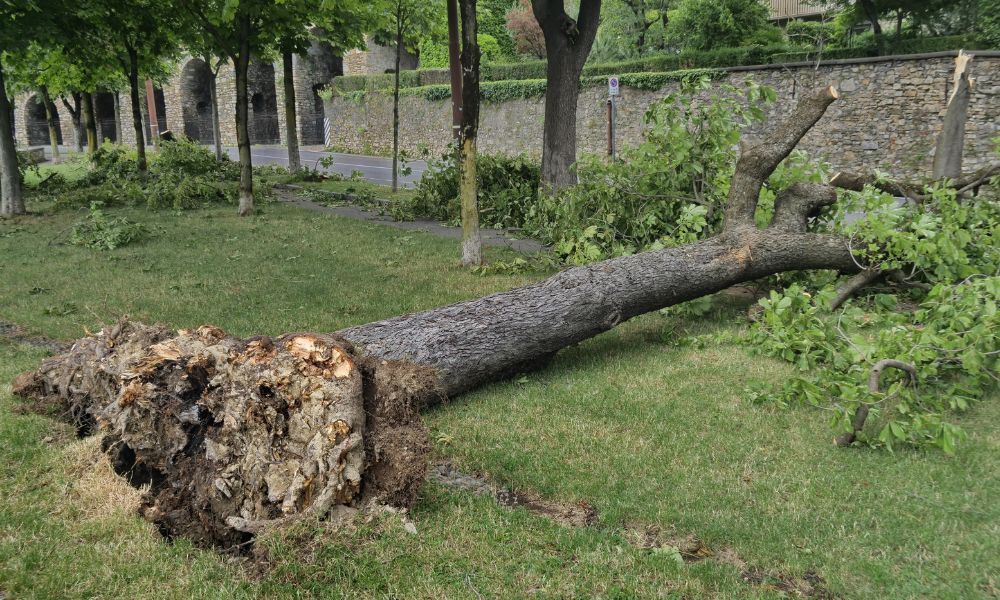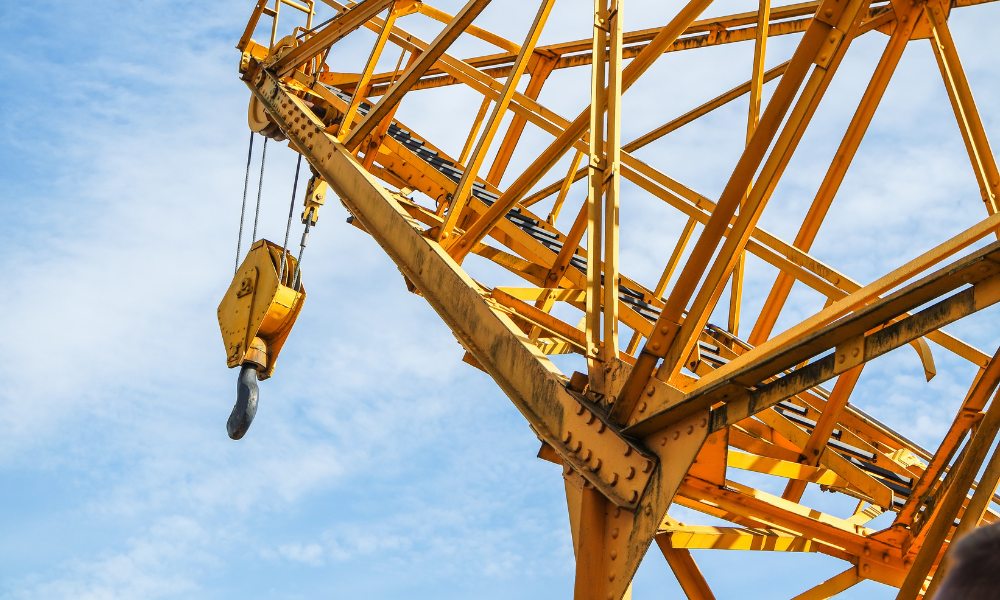Family of Maya Bhatia renews calls for accountability in Arctic research

This past weekend marked the second anniversary of the disappearance of Dr. Maya Bhatia, a University of Alberta biogeochemist who vanished during fieldwork at Jakeman Glacier, near Grise Fiord, Nunavut, on August 16, 2023. Despite extensive search efforts, her body has not been recovered, and her family continues to seek answers and accountability.
Renewed calls for accountability
On the anniversary, Dr. Bhatia’s father, Ramesh Bhatia, reiterated his concerns about what he describes as a lack of full accountability from all parties involved. “Ours is a half-finished story because of this tragedy that befell on our family and shattered all our dreams and for which we are told that there is no one responsible,” he said. “As a result, late Maya’s two very young children will grow up without the love and daily care of their Mom, both her Mom and I will not have our first born to take care of us in our older years... and the same for her younger brother, and last, but not the least, her life partner and husband, dear Ben.”
Bhatia criticized the University of Alberta’s internal investigation as lacking transparency and independence and questioned why the university had not implemented more robust safety protocols, especially given a previous near-miss incident at the same glacier in 2009. “Why must all responsibility for this fatal accident be dumped on a bright scientist who lost her life and is not here to defend herself?” he asked. “She was not born an orphan and we—as her family—will continue to seek justice to the best of our abilities and with your help.”
He also raised concerns about the Workplace Safety and Compensation Commission (WSCC), which did not conduct an on-site investigation due to safety concerns and accepted the university’s report without further review. “The regulator does not investigate the accident site—saying that it is too dangerous and may result in more fatalities—says the employer (U of A in this case) is responsible for workplace safety, but does not hold it accountable, and rubber-stamps its report,” he said.
Investigation report and institutional response
Canadian Occupational Safety obtained the full investigation report from the University of Alberta through an access to information request, revealing gaps in risk assessment and safety planning for the expedition . The report highlighted the lack of redundancies and insufficient safety measures for fieldwork in hazardous Arctic environments.
In response, the university has implemented a new field research safety training program and committed to securing dedicated health and safety expertise for Arctic research teams. However, the Bhatia family maintains that these steps are not enough and continues to call for independent oversight and public accountability. “We just want to make sure this doesn’t happen again,” Bhatia said.
Broader implications
The case has prompted broader scrutiny of safety standards in Canadian Arctic research. According to Bhatia, even Canada’s Chief Science Advisor has acknowledged that safety standards for Arctic fieldwork are “too lax” and that Maya’s case should serve as a wake-up call for systemic change.
As the anniversary passes, the Bhatia family’s advocacy underscores the need for transparent investigations, clear lines of responsibility, and stronger safety measures to protect researchers working in Canada’s most challenging environments.




